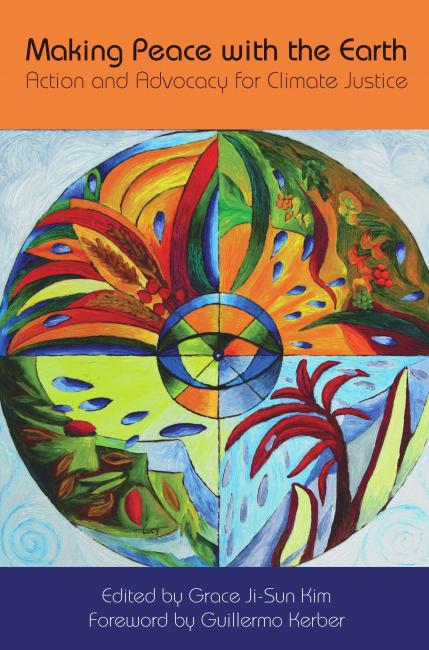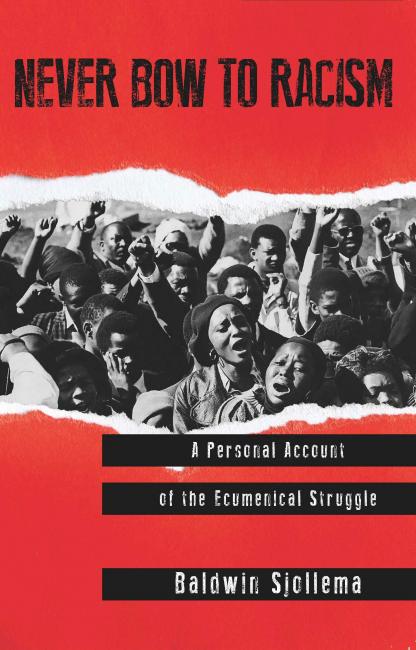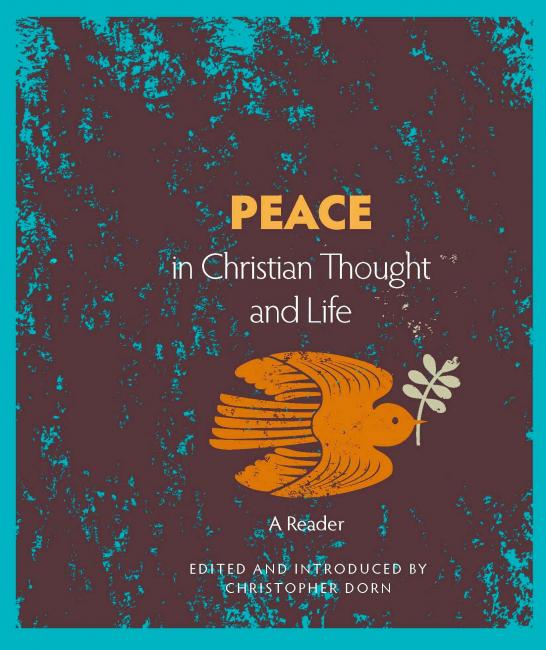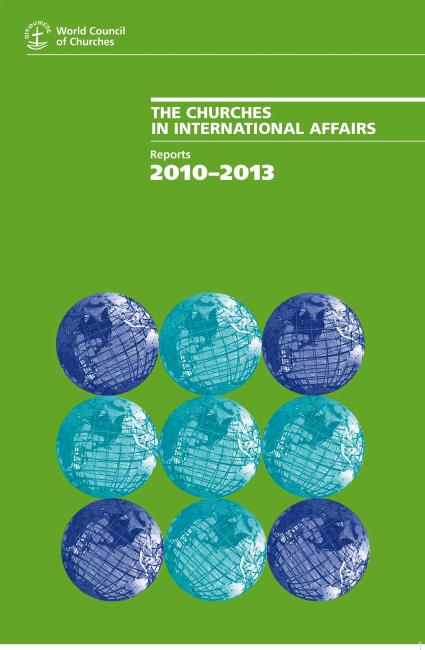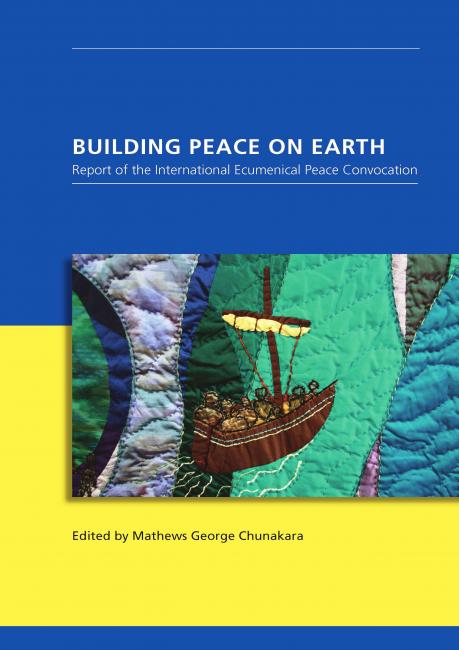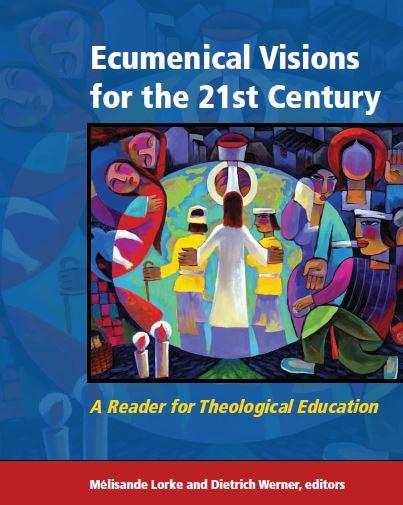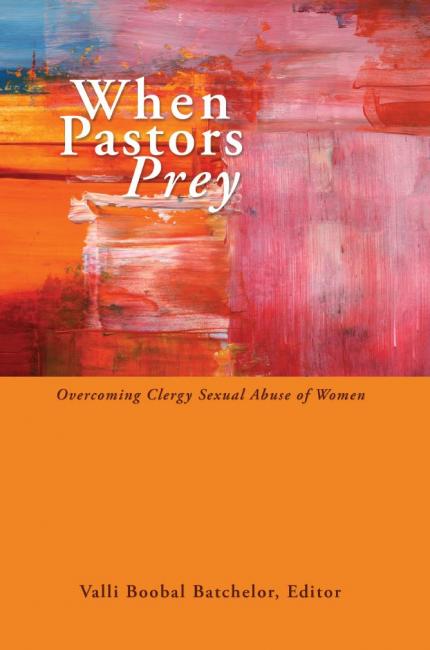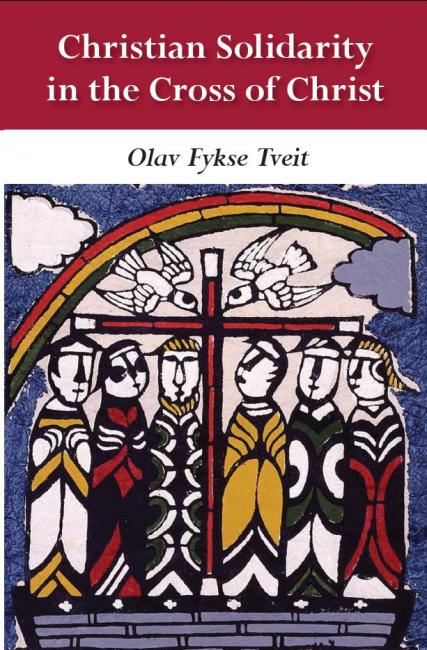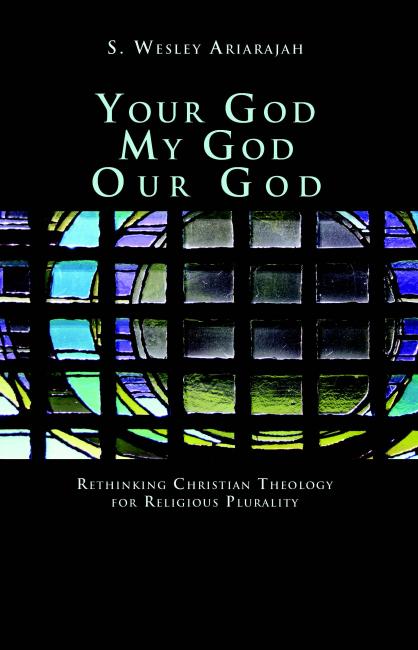Displaying 41 - 56 of 56
Journey for Justice: The Story of Women in the WCC
15 February 2016
Never Bow to Racism
01 May 2015
Peace in Christian Thought and Life
01 February 2015
The Churches in International Affairs. Reports, 2010-2013.
02 August 2014
The Churches in International Affairs Reports, 2007-2009.
01 August 2014
Peace-ing Together Jerusalem
03 June 2014
Encountering the God of Life
01 January 2014
When Pastors Prey: Overcoming Clergy Sexual Abuse of Women
01 October 2013
Christian Solidarity in the Cross of Christ
15 April 2012
Just Peace Companion: Second Edition
15 January 2012
Spiritual Values for Earth Community
01 January 2012
